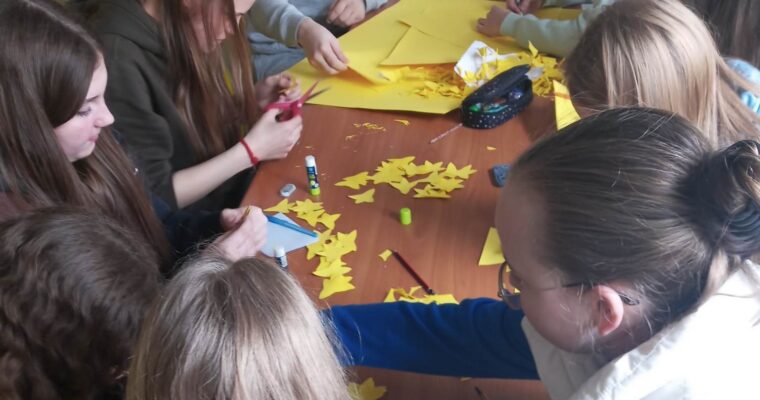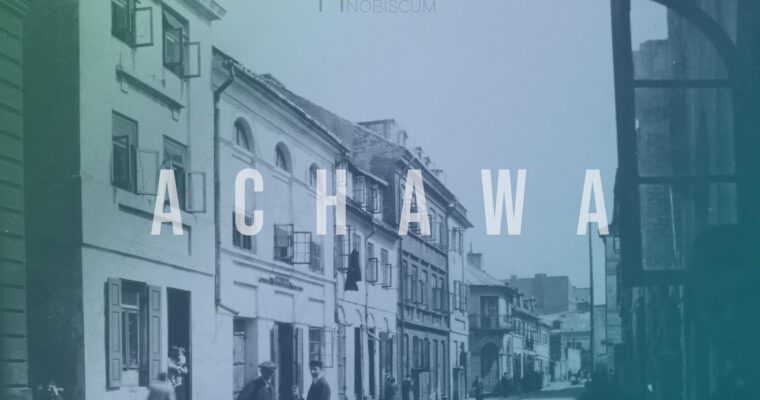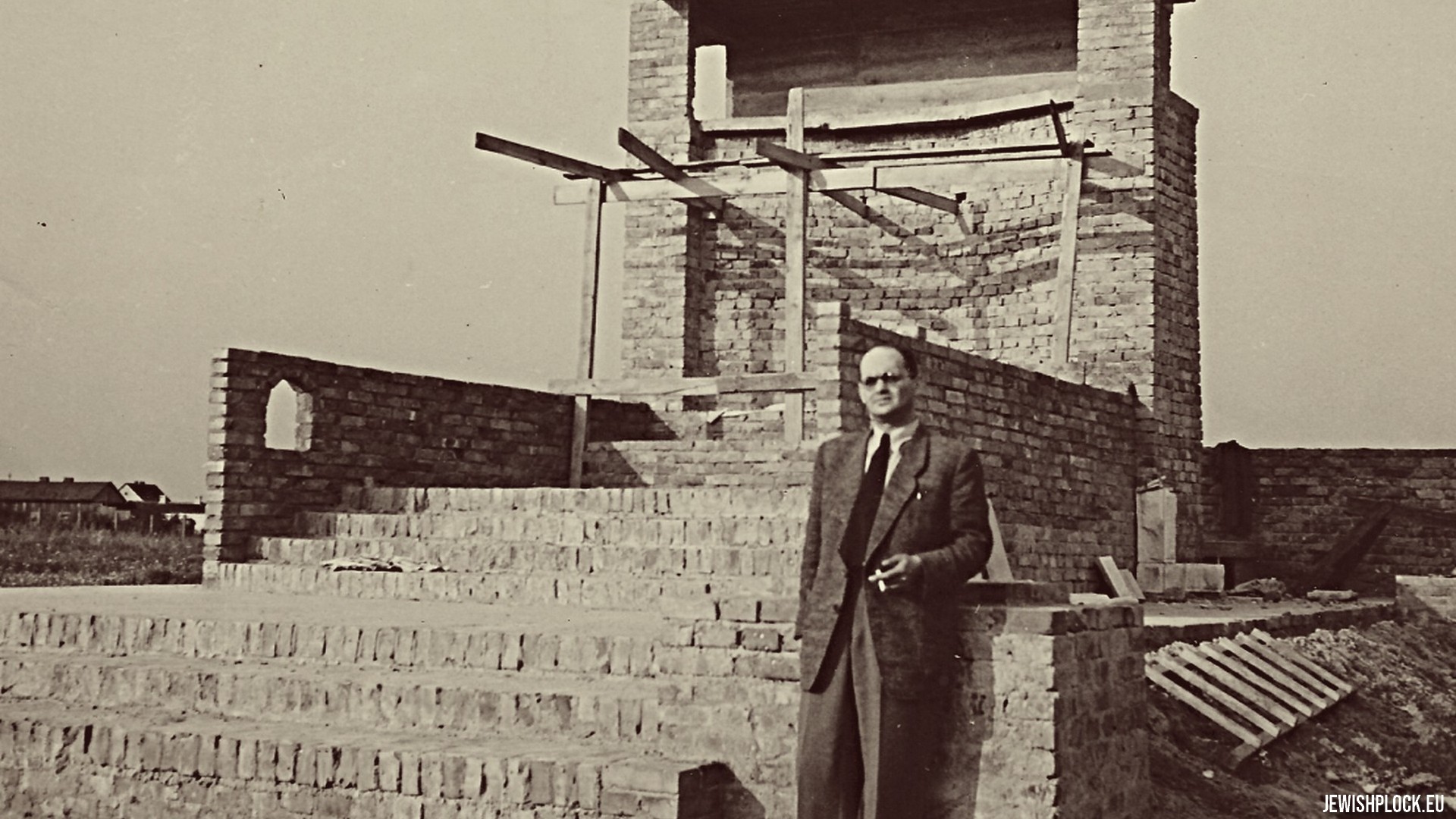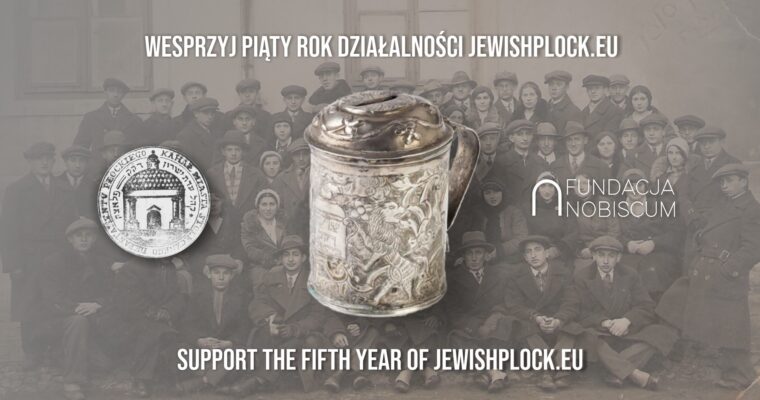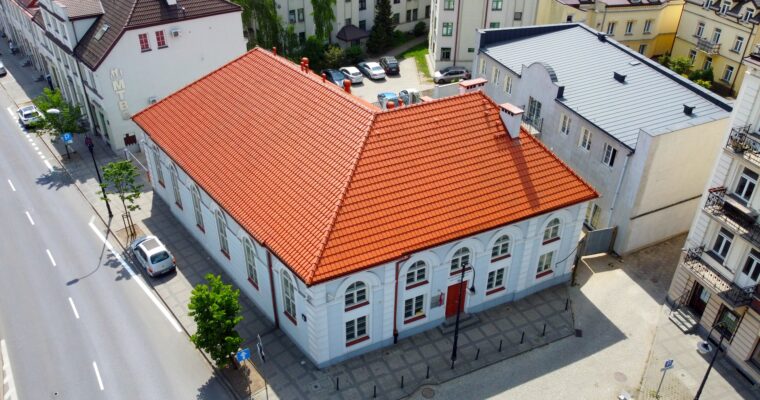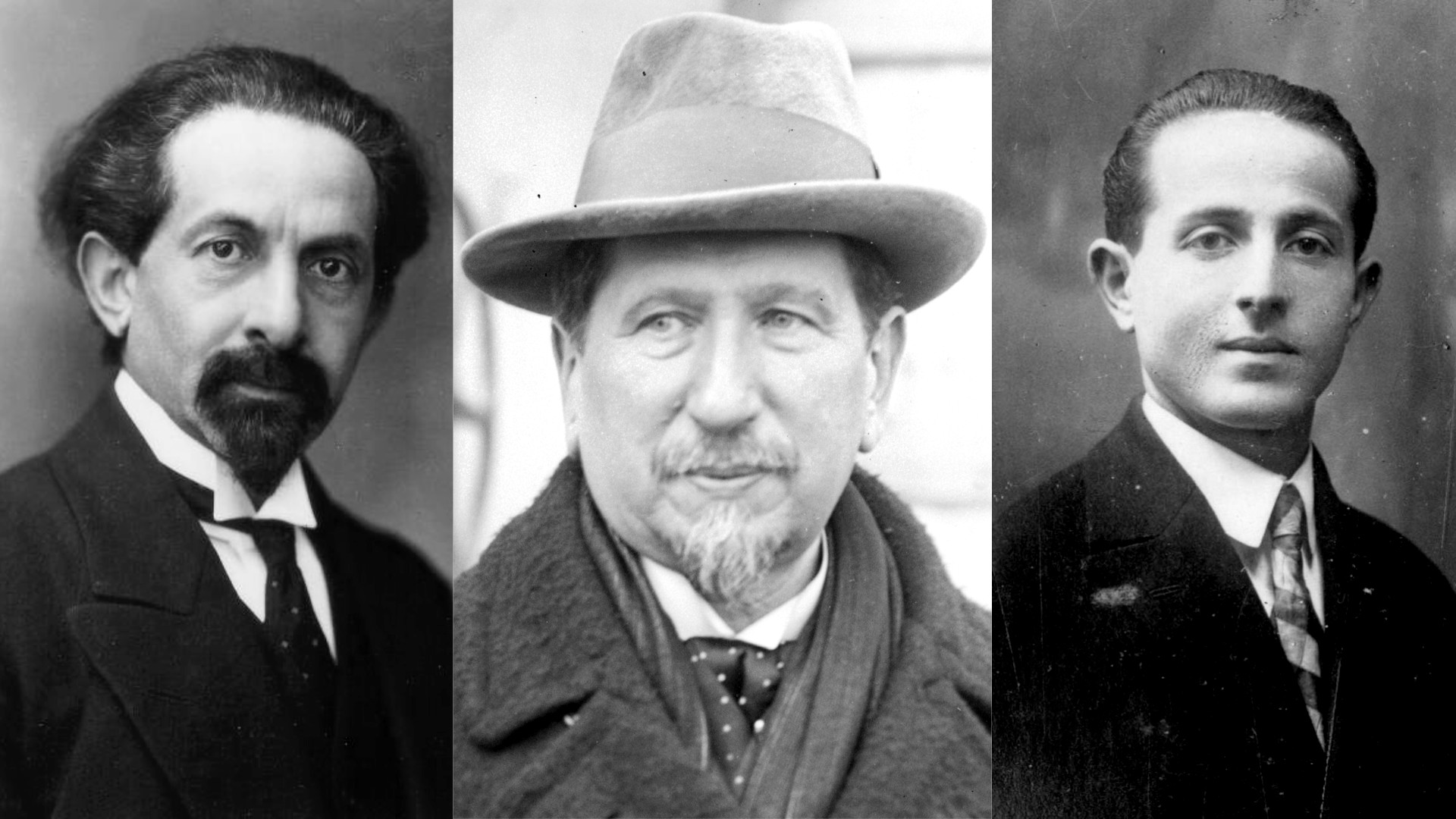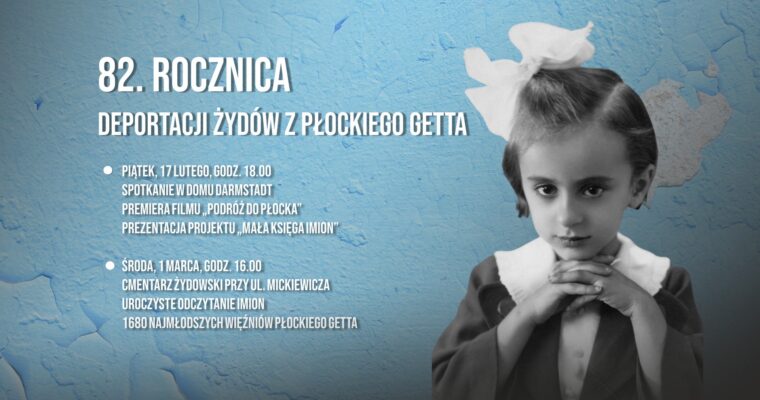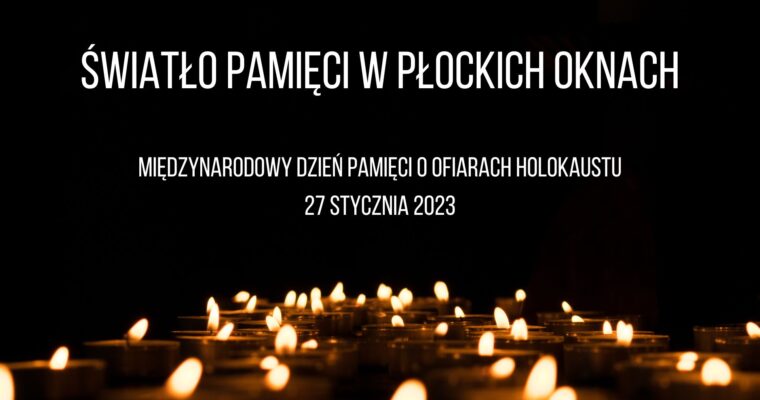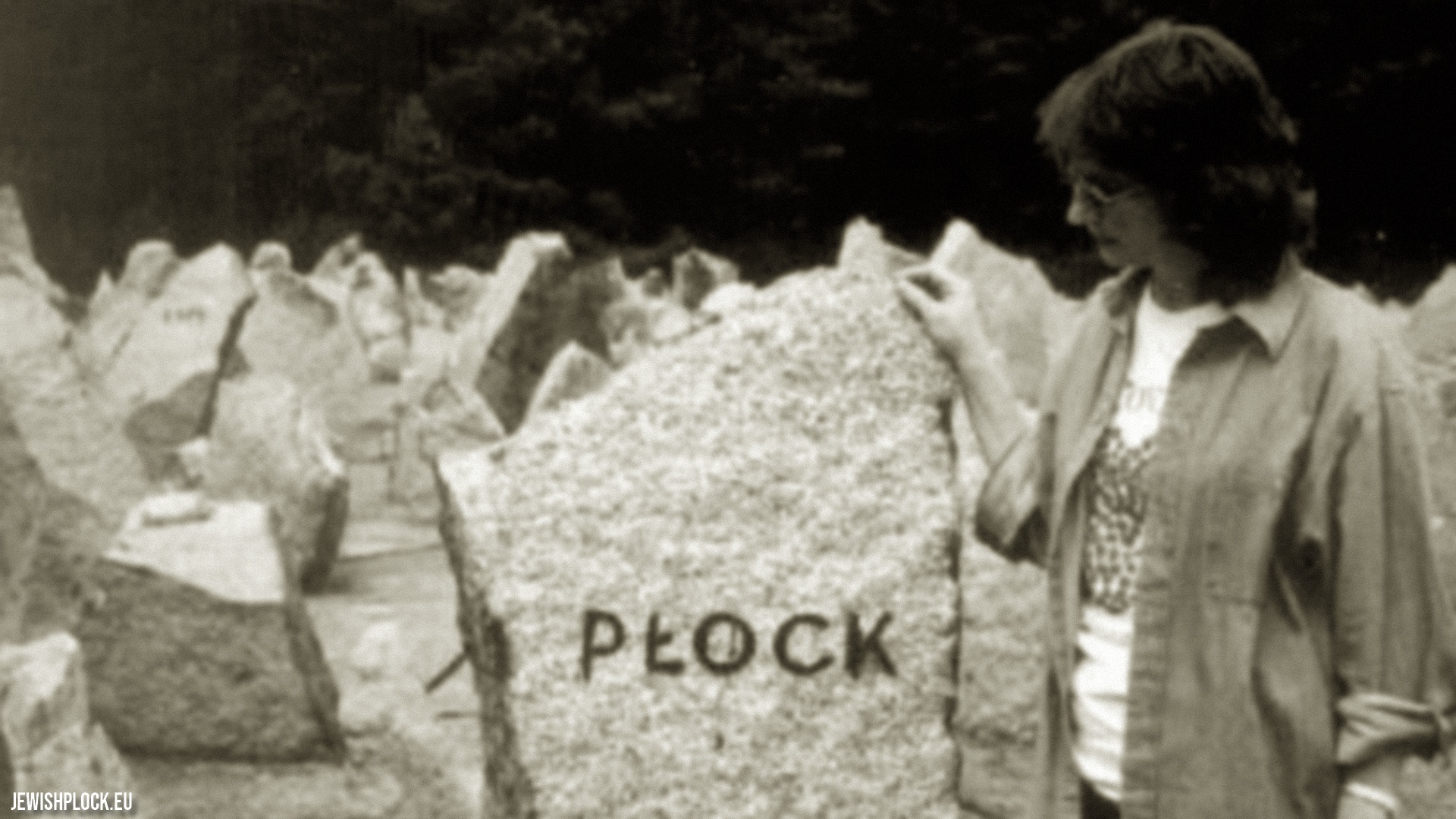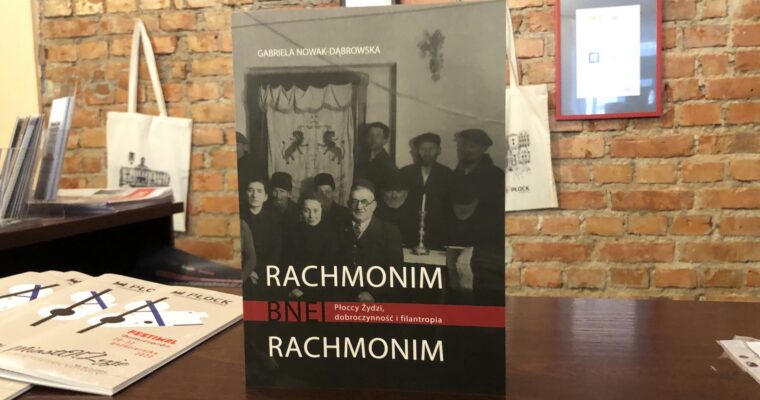At the beginning of August 2022, we wrote a letter to the Chairman of the City Council of Płock, Mr. Artur Jaroszewski, regarding the commemoration of three residents of Płock of Jewish origin – Symcha Guterman, Edward Flatau and Nachum Sokolow, by naming the newly created streets of the city of Płock. Content of our letter (translation of the Polish original):
Dear Mr. Chairman,
in our city, only two streets commemorate the members of the Płock Jewish community – Józef Kwiatek and Franciszka and Stefan Themerson. Considering the centuries-old presence of Jews in Płock, the fact that they co-created its history for over 700 years, but above all the personal merit of the proposed patrons of the streets, I would like to ask for an interpellation regarding the consideration of the names of streets commemorating three residents of Płock of Jewish origin – Symcha Guterman, Edward Flatau and Nahum Sokolow.
Symcha Guterman (1903-1944) was a soldier of the Home Army, he also took part in the Warsaw Uprising (he died in the fights for Pawiak in the first days of August 1944). He wrote a valuable diary, which describes the fate of Jews from Płock during the occupation. It is an extraordinary and shocking record of a witness and participant of one of the darkest pages of our city’s history. “Leaves from Fire”, published in Polish by the Płock Scientific Society almost 20 years ago, has been translated into several languages, including French and German and remains not only an interesting book and a great contribution to knowledge about the history of Płock’s (and not only) Jews during the occupation, but also a testimony to the great determination and values of their author.
Edward Flatau (1868-1932) is one of the most outstanding Polish scientists and one of the most important figures in the history of not only Polish, but also world neurology (a significant part of his achievements is still important in practice and theory of medical science). A graduate of the middle school in Płock and the University of Moscow, he was distinguished by great and comprehensive knowledge in the field of anatomy, pathology and the clinical study of the nervous system. He was, among others member of the Polish Academy of Learning, corresponding member of the Neurological Society in Paris and the Society of Psychiatry and Neurology in Vienna, honorary member of the Neurological Society in Moscow and the Medical Society in Vilnius. He wrote over 100 publications in Polish, German, French and Russian.
Nahum Sokolow (1859-1936) – is one of the most outstanding leaders of Zionism, considered one of the fathers of this political movement. Although he was born in Wyszogród, he spent his childhood and youth in Płock (he called himself “A man from Płock”), where he received traditional Jewish education (he attended one of the cheders in Płock) and then studied at Dancygier’s school on Synagogalna Street. From 1876, he published articles in Ha-Cefira, of which he was co-editor from 1886, and editor-in-chief from 1892. He collaborated with the magazines “Ha-Maggid”, “Archives Israelites”, “Hamelic”, he was also the editor of the weekly “Izraelita”. In the years 1905-1909 he was the secretary general of the World Zionist Organization. In 1911, during the 10th Zionist Congress, he was elected a member of the Executive Committee, and in 1921 its chairman. In 1925, Sokolow visited his hometown of Płock – his arrival was met with great enthusiasm by the residents of the city of all religions. In the years 1931-1935, Sokolov served as the fifth president of the World Zionist Organization, and after 1935 he was the honorary president of the World Zionist Organization and the Jewish Agency.
The toponymy of the city is not only a part of the process of creation of its space, but also reflects its character. Also, the naming of the streets of the city of Płock should reflect its rich history, of which the Jews of Płock were an important part. Among them, there are many recognized, world-class figures.
In response to our letter, the Street Naming Committee at the City Hall of Płock informed us in a letter of January 17 this year that there are currently no new streets and objects to be named, but the submitted proposals will be placed in the Bank of Street Names for possible use in the future. Therefore, we hope for this to happen, and soon we will present our next suggestions for female and male patrons of the streets of Płock.
